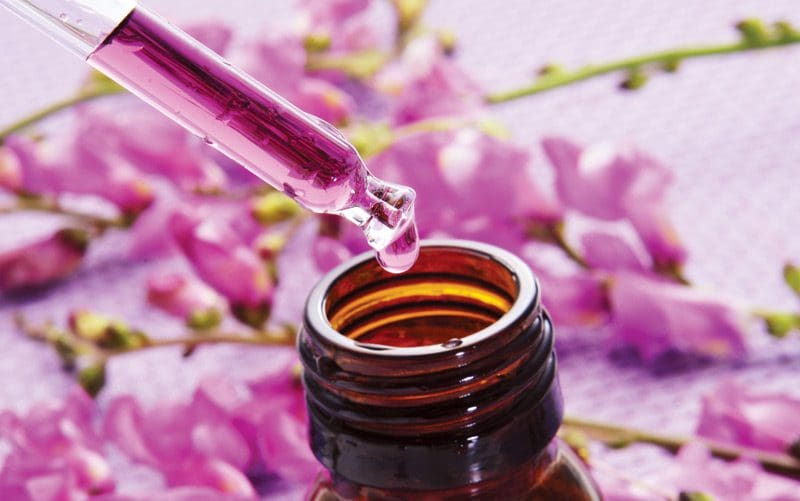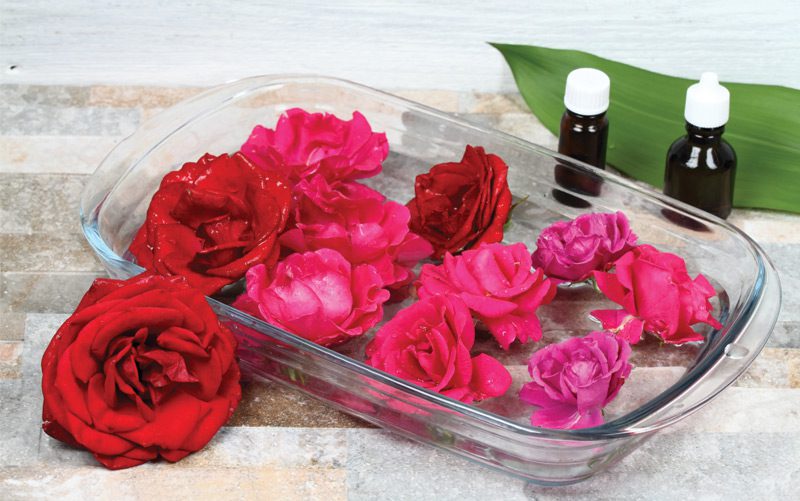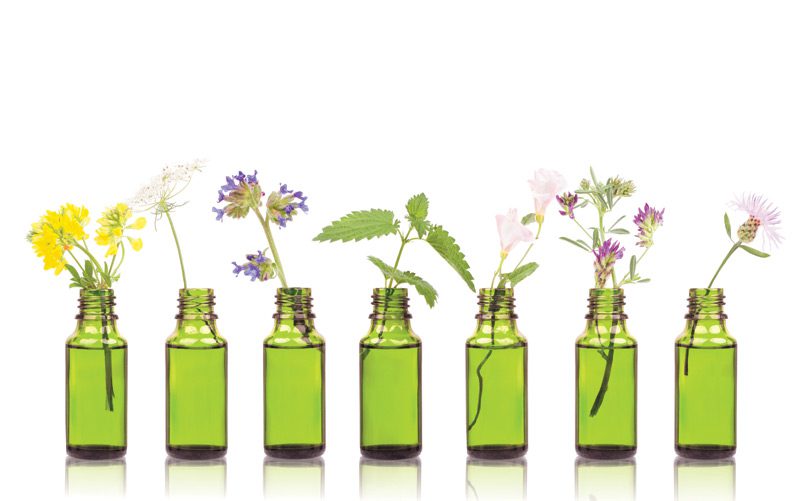
Integral Floral Therapy, a Gentle Natural Healing Tool
Flower Power: Integral Floral Therapy, a gentle natural healing tool: Dr. Edward Bach, an English physician, came to revolutionize homeopathic healing practices during the 1930s while shifting the focus of his medical practice as a pathology specialist to more holistic approaches. Ultimately, Bach abandoned traditional medicine to devote the rest of his life and career investigating the natural healing properties of plants, specifically, flowers. His quest was for relatively gentle remedies to achieve “true healing” for illnesses he believed originate in the soul.
The best results are achieved
by consulting a duly certified
floral therapist.
According to Bach, people suffer physical pain and diseases of all kinds as an expression of something happening emotionally. He considered it an alarm to the body that we are experiencing little joy in living, inner dissatisfaction, an unresolved trauma or any number of diverse emotions that can constantly disturb us. Thus, he sought

answers through the wisdom and power of nature to help patients recover their inner harmony and suppress their unwanted ailments.
What is commonly known today as “integral floral therapy” evolved from Bach’s discoveries and is becoming a worldwide practice. Proponents regard it as a valuable transformational tool that provides balance and harmony to our body, mind and spirit. More recent contributions have been added to Bach’s work, including the floral systems of Andreas Korte, California flowers and flower essences used by shamans.
To flourish
Although flower remedies are typically available in pharmacies and many other sources, do-it-yourself applications are not recommended as being appropriate or very useful.
The best results from integral floral therapy are achieved by consulting a duly certified floral therapist. This expert practitioner can be a guide and provide objective, timely support to the client’s personal healing process.

During a consultation, you tell the floral therapist about your life experiences, illnesses and/or emotional issues suggesting possible imbalances, blockages or repressed feelings. In this way, the floral therapist can suggest an alternative, personalized and effective natural treatment. At the same time, patients obtain a comprehensive, affectionate, ethical and non-judgmental accompaniment to their personal healing, its “bloom.” The therapist’s guiding role is to help patients achieve for themselves greater balance, health, well being, understanding and — above all — self-love for their body, mind and soul.
“Look deeply into nature and then you will understand everything better.”
– Albert Einstein
Integral floral therapy and its remedies are an option for everyone, with no restrictions. As a natural remedy, there are no adverse side effects. Even pets at home can benefit from floral remedies.
On the other hand, children under age 6 must be accompanied by a parent or caregiver with whom they have an emotional bond during a therapy consultation.

